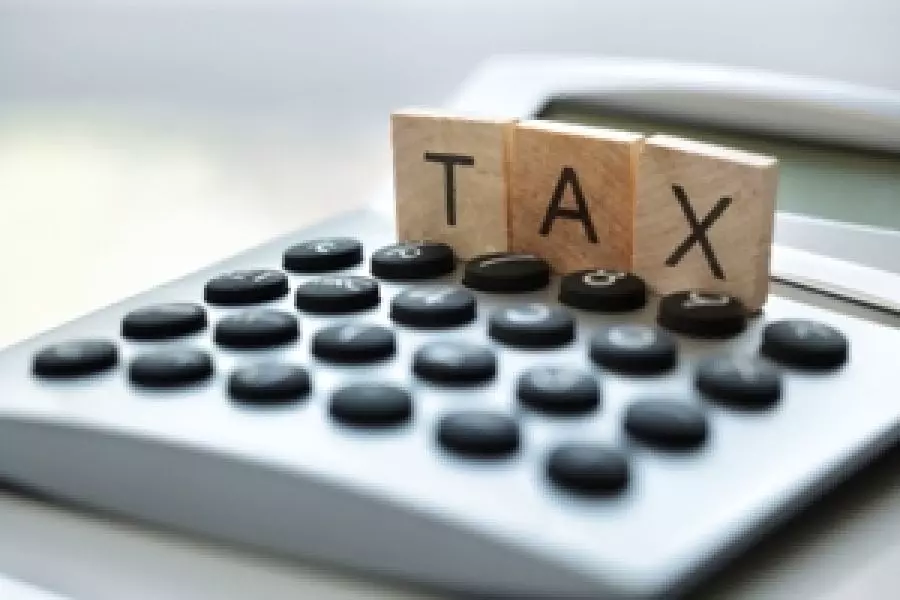News
Tax proposal targets property owners

Wednesday 7th of December 2016
The Opportunities Party (TOP) wants to reform New Zealand’s current tax regime, which it says is inequitable and favours owners of capital over wage-earners.
In a statement, TOP said the current regime results in poor utilisation of capital and lower than necessary income and employment.
This was most obvious in the property sector, where speculators and home-owners benefi...
Want to read the full article?
Click the button below to subscribe and will have unlimited access to full article and all other articles on the site.






![[The Wrap] Bye Bye Bayly](https://goodreturns.publit.io/file/c_fill,w_900,h_600/39f23ac1-f7c7-4854-b700-a150004ebbac.webp)


